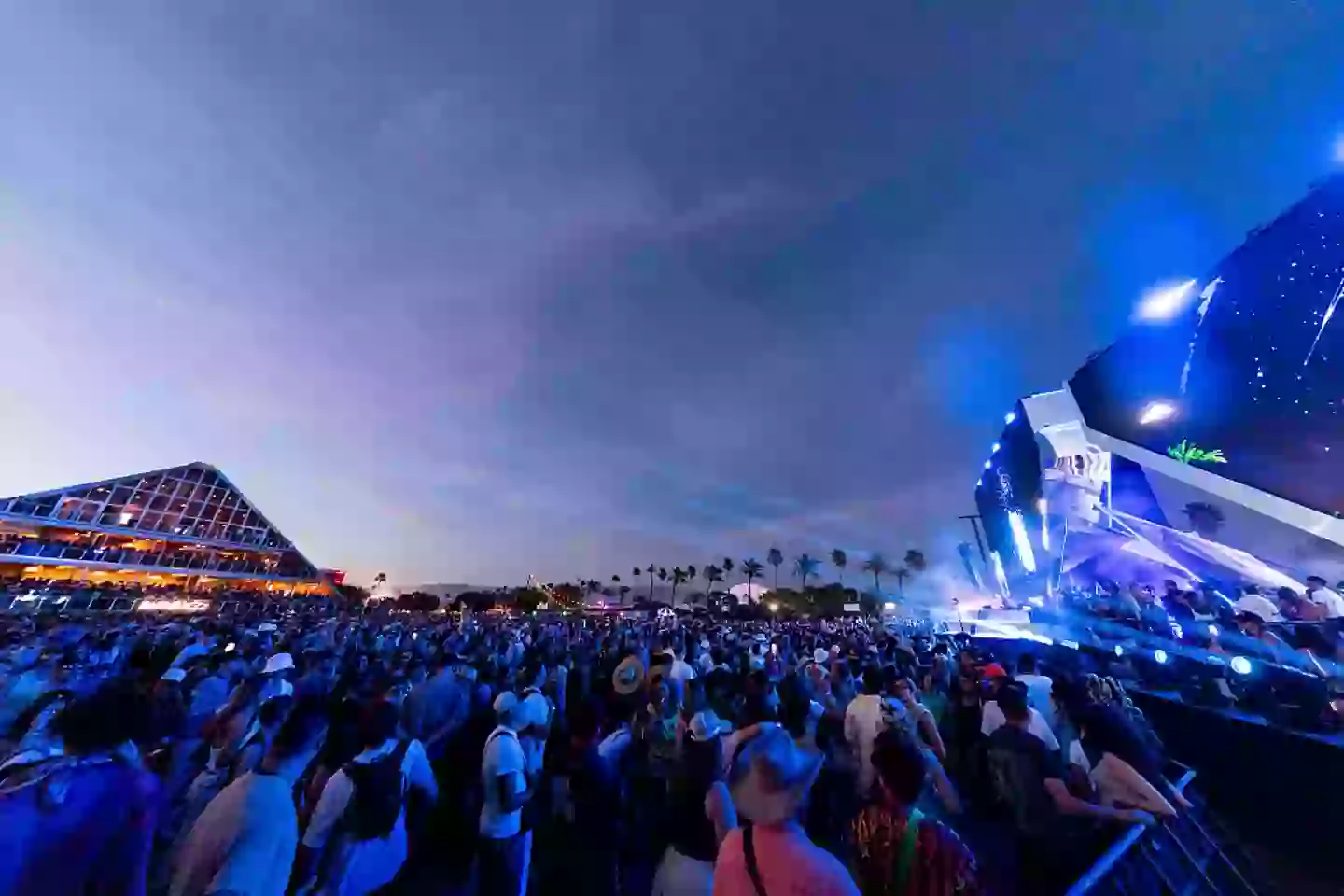Coachella, one of the most anticipated events in the music industry, is in full swing.
Last weekend, the Empire Polo Club in Indio was flooded with thousands of fans eager to experience the first half of this legendary festival.
The festival’s opening weekend featured performances from artists such as Post Malone, Lady Gaga, Charli XCX, and Megan Thee Stallion. The event’s second half will continue this week, from Friday, April 18 through Sunday, April 20.
The second half of Coachella will see performances from artists like Missy Elliot, Sam Fender, Ed Sheeran, and Travis Scott.
While headlining at Coachella is a dream come true for many musicians, there are specific rules they must adhere to if they want to be part of the lineup.
Two particular rules could lead to fines or deductions from their Coachella fee, neither of which is an attractive outcome.
The first rule, known as the ‘golden rule,’ could even result in the festival’s organizers incurring significant fines if broken.
This rule pertains to curfews and licensing; the festival cannot host all-night parties as it has a strict noise curfew of 1am.
If this curfew is exceeded, the festival faces substantial fines as part of its agreement with the city of Indio, the host location.
In 2023, the agreement specified a penalty of $20,000 for exceeding the curfew by five minutes each day.
Additionally, there is a charge of $1,000 for every extra minute over the limit.
These fines can accumulate quickly, as seen when Frank Ocean exceeded his time by 25 minutes.

This resulted in a $20,000 fine for the first five minutes, with an additional $20,000 for the following 20 minutes.
Another crucial rule for Coachella performers involves the potential withholding of their performance fee if not followed.
Referred to as the ‘radius rule,’ it prevents artists from performing at any other North American festival from December 15 to May 1st, or within specific California counties during the same period, according to the Santa Clarita Business Chronicle.
The rationale is to maintain Coachella’s exclusivity, preventing headliners from performing at multiple festivals, which might deter people from attending Coachella.
However, it has been noted that these conditions are sometimes negotiable by the artists’ representatives.

Despite this, the radius rule has caused friction for other event organizers. In 2018, the Oregon-based Soul’d Out festival sued Coachella affiliates after several artists declined to perform due to this rule.
Soul’d Out argued that the rule constitutes an “illegal monopoly” due to its extensive reach. However, as reported by Rolling Stone Magazine, Coachella’s affiliates defend the policy, claiming it protects against competitors exploiting its artist lineup choices.
After all, there is a reason why it’s called the music business!

